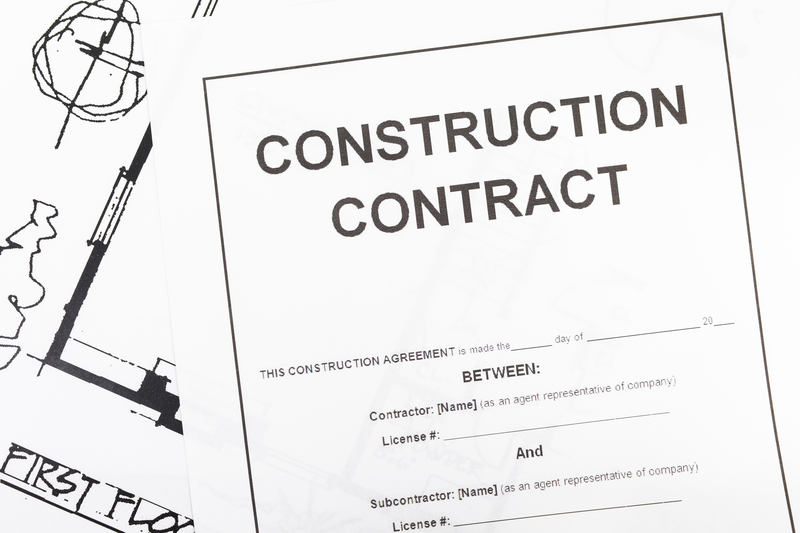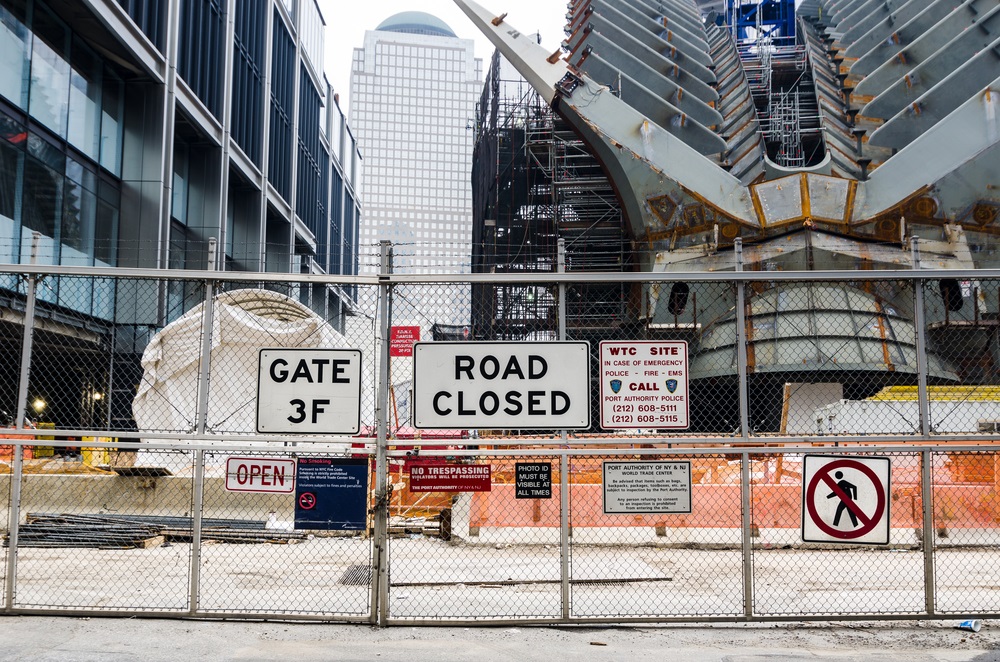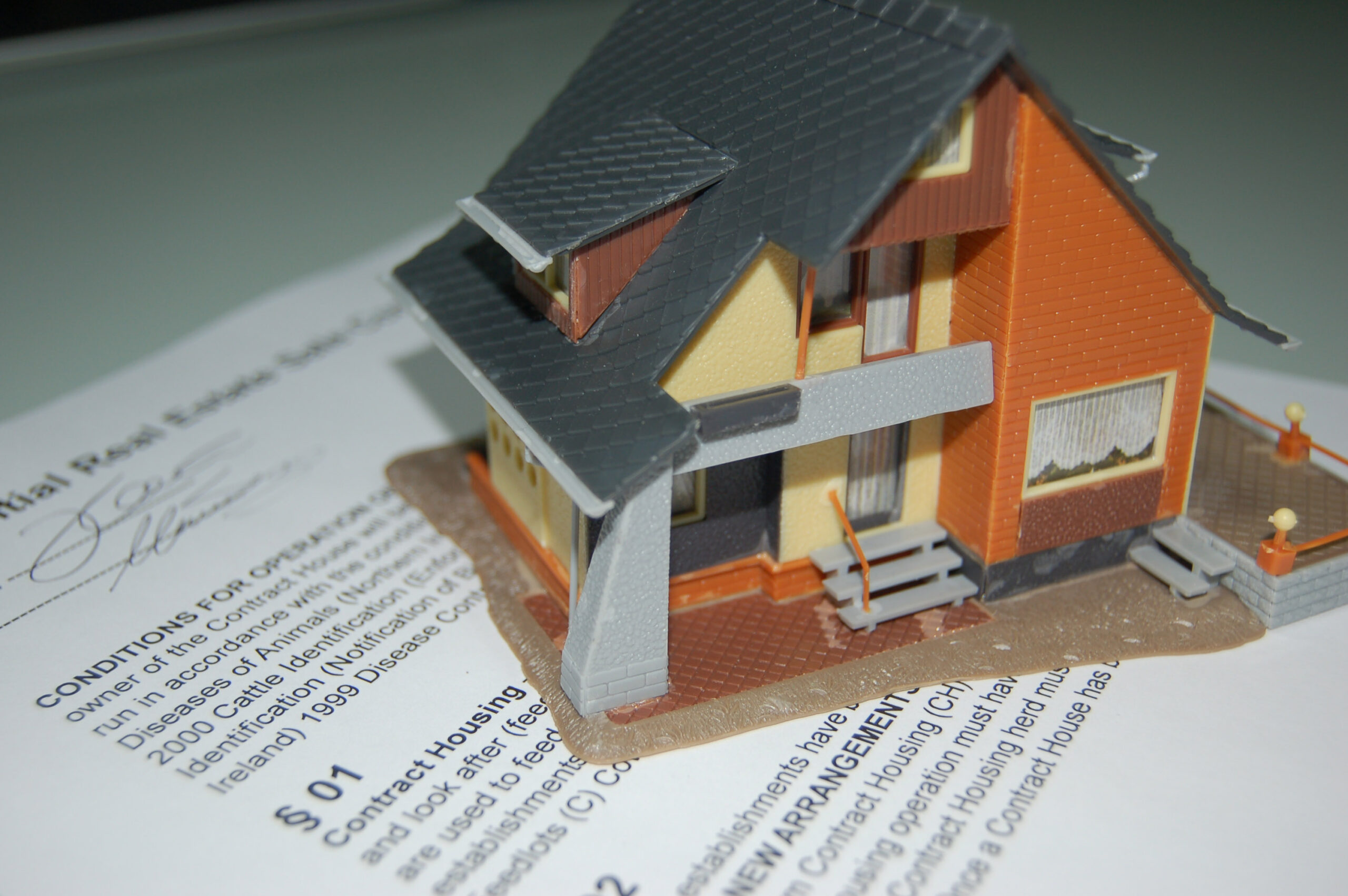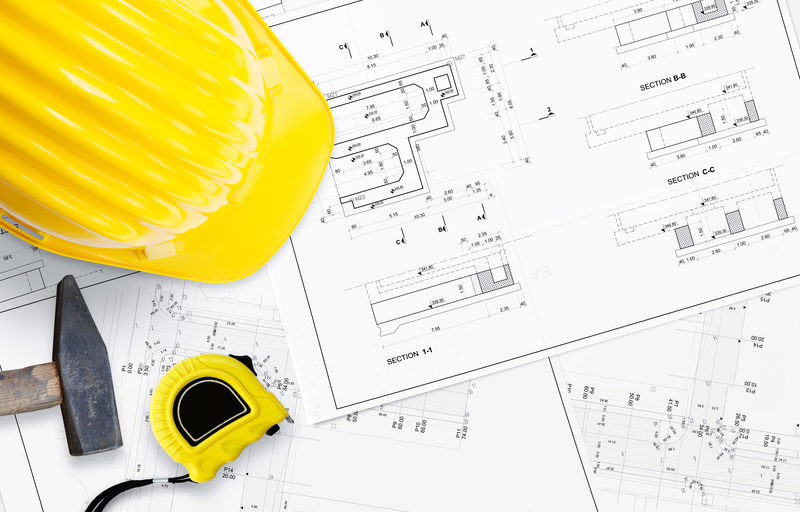Is The Pay-If-Paid Or Pay-When-Paid Clause In My New York Construction Contract Enforceable?

Many subcontractors receive standard form contracts from contractors and have little opportunity to negotiate the terms of the contract. Often, these standard form contracts include a “pay if paid” or “pay when paid” contract clause. What are these clauses? Are they enforceable under New York Law?
What are “Pay if Paid” and “Pay when Paid” Contract Provisions?
A “pay if paid” clause is a condition precedent that requires payment from the owner before the contractor has a duty to pay a subcontractor or a supplier. That means a subcontractor will be paid only if the contractor is paid by the owner. This provision shifts the risk of non-payment by an owner from the general contractor to the subcontractor.
A “pay when paid” clause is a payment condition that establishes a timing mechanism for when a contractor is required to pay its subcontractor.
The main difference between a “pay if paid” versus a “pay when paid” clause is whether the contractor has a legal duty to pay the subcontractor if the contractor never receives payment from the owner.
A “Pay if Paid” Contract Provision is Unenforceable as against Public Policy in New York.
“Pay if paid” clauses are unenforceable as contrary to public policy in New York State. What does that mean? It means that contracts that transfer the risk of an owner’s non-payment from the general contractor to the subcontractor will not be enforced, or held to be valid, by New York Courts. West-Fair Elect. Contr. v. Aetna Cas. & Sur. Co., 87 N.Y.2d 148 (1995). The reasoning for the Court’s decision in the West-Fair Elect. Contr. case was based on the protections found in the Lien Law, which provides that a subcontractor has a right to file a mechanic’s lien only when payment is due and payable from the contractor. If a “pay if paid” provision governed the parties’ relationship and the owner never makes payment to the contractor, the subcontractor would never have a right to payment and, thus, would never have a right to file a mechanic’s lien. The Court ruled that subcontractors must be able to take advantage of the Lien Law and, therefore, ruled that “pay if paid” provisions are unenforceable as contrary to public policy.
A “Pay when Paid” Contract Provision is enforceable only if it only sets a reasonable time for payment, and does not make payment to the contractor a condition precedent to the subcontractor’s right to payment.
The Court in West-Fair and subsequent cases have distinguished a “pay if paid” clause from a “pay when paid” clause. A “pay when paid” provision that fixes a reasonable time for payment may be valid and enforced by a court. Whether the provision will be valid or enforceable will depend on whether the provision seeks to shift the risk of owner non-payment from the general contractor to the subcontractor or merely provides a timing mechanism for payment (such as giving the general contractor a certain number of days after receiving payment from the owner to pay the subcontractor). What a “reasonable” time is will vary from project to project and depend on many factors, including the size and cost of the project in general and the subcontractor’s specific scope of work.
What to Do if Your Contract Has a “Pay if Paid” or “Pay when Paid” Provision.
It is important to know and understand your contract. If your subcontract has a “pay if paid” provision, try to negotiate with the general contractor to remove that provision by telling him that courts will not enforce them. Even if your contract has a provision called a “pay when paid” provision, you should make sure the language used is not functioning as an unlawful “pay if paid” provision, but is only setting a timing mechanism for payment. Also, subcontractors are often bound by contracts higher up the chain to “trickle down” provisions from prime contracts that contain payment contingencies or other contract terms that could delay your payment. You should make sure that if your contract has a “trickle down” clause (or states that your contract is subject to all the conditions of the general contractor’s contract with the owner), you should either try to negotiate that provision out, or at a minimum, review the contract so you know what risks you are facing.
If you are unable to negotiate the provision out of the contract, and you have performed work, but not been paid despite your demand to the general contractor, you may have to file a lawsuit against the general contractor to get paid.
If you have any questions about this post or any related matters, please feel free to contact our Construction Law Practice Group.



